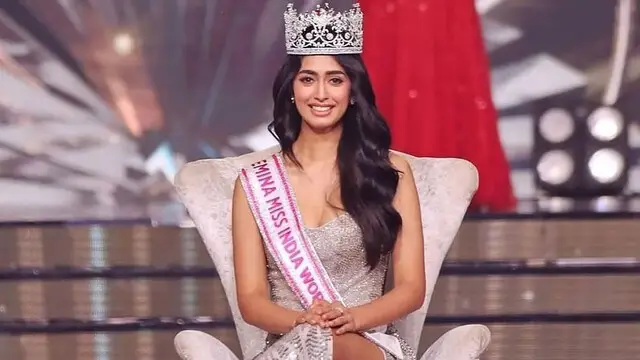Beauty pageants have long been a subject of fascination and controversy, captivating audiences with their glamorous displays and stirring debates about their relevance in modern society. Traditionally seen as competitions focusing on physical appearance, contemporary beauty pageants are undergoing significant transformations to stay relevant and impactful. These events are now platforms for advocacy, talent, and personal growth, reflecting broader social changes and challenging outdated stereotypes.
A Brief History of Beauty Pageants
The origins of beauty pageants can be traced back to ancient civilizations, where beauty contests were held to honor deities or select queens. However, the modern beauty pageant as we know it began in the early 20th century. The Miss America pageant, founded in 1921 in Atlantic City, was initially a marketing strategy to extend the tourist season. It quickly evolved into a cultural phenomenon, setting the stage for numerous national and international pageants like Miss Universe, Miss World, and Miss International.
The Changing Face of Beauty Standards
For decades, beauty pageants have faced criticism for perpetuating narrow and often unrealistic beauty standards. Contestants were typically judged on their physical attributes, adhering to specific ideals of height, weight, and facial features. This focus not only marginalized those who did not fit these criteria but also reinforced societal pressures to conform to certain beauty norms.
In recent years, however, there has been a conscious effort to redefine beauty within these competitions. Many pageants have expanded their criteria to celebrate diversity in all its forms, including different body types, ethnic backgrounds, and ages. For instance, the Miss Universe organization has been praised for its inclusive approach, encouraging contestants to embrace their unique identities rather than conform to a singular standard.
Empowerment Through Advocacy and Talent
One of the most significant shifts in beauty pageants is the emphasis on advocacy and talent. Contestants are now expected to demonstrate not only their physical beauty but also their intelligence, talents, and commitment to social causes. This evolution has transformed pageants into platforms for empowerment and social change.
Miss America, for instance, rebranded itself with the slogan “Miss America 2.0” to emphasize scholarship, talent, and social impact. Contestants are encouraged to champion causes they are passionate about, ranging from mental health awareness to environmental sustainability. This shift reflects a broader societal trend towards recognizing and valuing women’s contributions beyond their appearance.
Personal Growth and Confidence
Participating in beauty pageants can be a transformative experience for many contestants. The rigorous preparation—ranging from fitness training and wardrobe planning to public speaking and talent development—requires discipline, dedication, and resilience. These skills often translate into increased confidence and personal growth, benefiting participants in various aspects of their lives.
Former contestants frequently cite the pageant experience as instrumental in building their self-esteem and shaping their careers. Public speaking skills, for example, are invaluable in many professional settings, while the discipline required for competition can foster a strong work ethic. Moreover, the supportive networks formed among contestants can lead to lifelong friendships and professional connections.
Controversies and Criticisms
Despite these positive changes, beauty pageants are not without their controversies. Critics argue that even with expanded criteria, these competitions still place undue emphasis on physical appearance and can contribute to unhealthy body image issues. Moreover, the commercial nature of many pageants raises questions about exploitation and the commodification of beauty.
Instances of corruption, such as rigged results and favoritism, have also marred the reputation of some pageants. Additionally, cultural differences can lead to clashes over what is deemed appropriate or acceptable in various contexts, highlighting the complexities of global competitions.
The Future of Beauty Pageants
The future of beauty pageants will likely continue to evolve as they adapt to changing societal values and expectations. To remain relevant, pageants must balance celebrating physical beauty with promoting diversity, intelligence, and social impact. This evolution can help shift public perception, transforming these events into more inclusive and empowering experiences.
Ultimately, the enduring appeal of beauty pageants lies in their ability to captivate and inspire. By embracing change and fostering a more holistic view of beauty, pageants can continue to play a meaningful role in celebrating human potential and diversity. Whether you see them as a relic of the past or a platform for the future, beauty pageants undoubtedly reflect the complexities and aspirations of the societies they represent.



